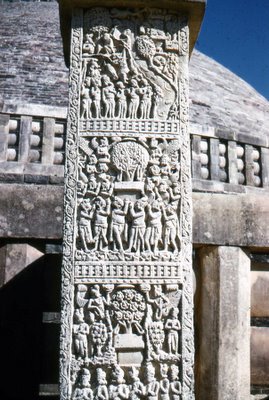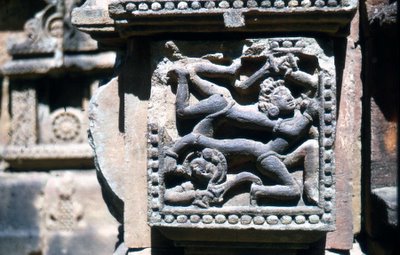In 1956, Harvey Fite took a sabbatical from Bard College to travel in Southeast Asia, primarily India and Cambodia, to study the sculpture of those cultures. He was also invited to visit China, but this was 1956, and there was no way any American was going to get permission from the American government to go to China.
However, he remained on the Christmas card list -- can that be right? -- but if memory serves, it is -- of the

Chinese People's Cultural Commissar. And he was given a complimentary subscription to the official arts magazine of the People's Republic. This came to the Postmaster in San Francisco every month, and every month Harvey would receive a card from the postmaster: Subversive material addressed to you has been received by this post office. Did you order it? Do you want it?
Every month, Harvey would send the card back, with
Did you order it? checked No, and
Do you want it? checked Yes.
I remember hearing at the time that Harvey was, because of this, ranked Number 35 on the government's list of subversives, but that can't have been right. It was the dawning of Top 40 radio in those days, but there can't have been a numbered list like that.
Anyway, I just acquired an Epson scanner with color transparency capability, and I'm beginning a project of scanning, Photoshopping and archiving all the slides I can find squirreled around Opus 40. I'm starting with the India and Cambodia slides -- two boxes of the former, three of the latter. I've done the India boxes, so here are a few pictures. I'll be getting to Cambodia next, and I'm really excited about those, because I know Harvey visited Angkor Wat and Angkor Thom when they were really unspoiled.

Anyway, here are a few from India.



